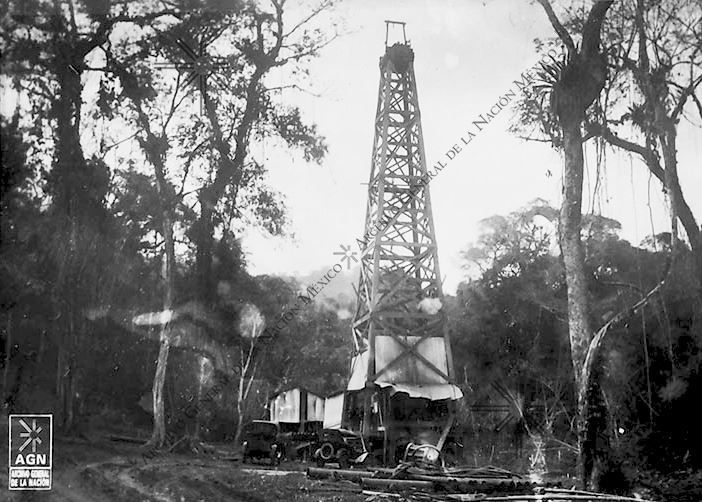The Texas Company of Mexico's Opposition to Article 27 and the Nationalization of Mexican Oil
Article 27 of Mexico's Constitution, ratified following the Mexican Revolution of 1917, guarantees the country's ownership of all of its oil and other natural resources. The Texas Company of Mexico, S.A. was among the international oil firms that fought against it.

Once the 1917 Constitution was enacted, several private individuals protested against Article 27 to protect their economic interests, as was the case with The Texas Company of Mexico. In the following article, learn about their actions and the Mexican State's response to such a situation.
One of the results of the Mexican Revolution was the passing of the 1917 Constitution. This document not only dealt with social and political problems but also economic ones. For example, Article 27 of the Constitution made sure that Mexico had full control over natural resources like oil.




